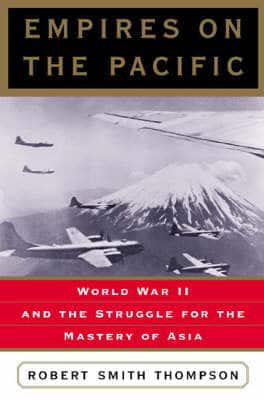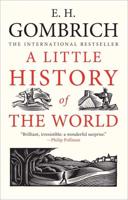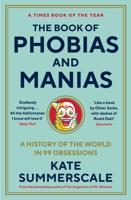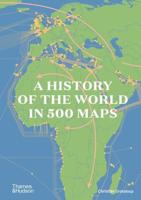Publisher's Synopsis
By moving China to centre stage, Robert Smith Thompson expands the traditional boundaries of the Pacific Theatre of World War II and casts the conflict in an entirely new light. What is commonly viewed as a discrete military conflict between an aggressive Japan with imperial ambitions and a reluctant, passive America becomes the stuff of Greek tragedy. The overreaching British Empire is waning, yet is unwilling to relinquish its foothold in China, while an increasingly ambitious Japan is determined to dominate the region and conquer China as part of that plan. Enter the young upstart, America, with imperial ambitions of its own in Asia. The US meant to replace Britain as the dominant power in Asia and saw Japan as a direct threat to that dominance. For Franklin Delano Roosevelt and for the US, the war with Japan had little to do with revenge for Pearl Harbour. Japan would have to be vanquished so that it would never again be an imperial rival. This recasting of the Asian conflict profoundly alters our understanding not just of World War II in the Pacific but also of what followed in the Korean War and the war in Vietnam.








